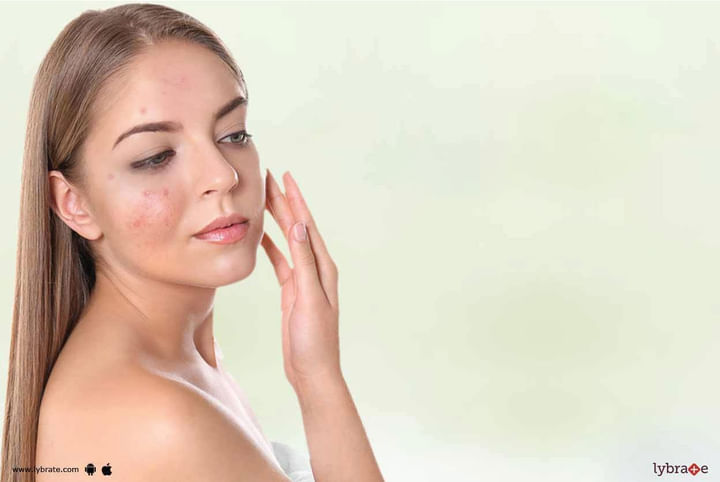Acute Acne - How To Administer It?
Acne is one of the most common disorders of the skin, and because of its recurring nature, it can be bothersome. Acne can be moderate to severe and can produce painful vesicles and breakouts that can be unmanageable.
What is Acne?
It primarily transpires during adolescence when the sebaceous glands get stimulated, but it can happen at any age. The glands produce oil and are spurred by male hormones produced by the adrenal glands in both men and women leading to chronic, incendiary skin condition that appears as blackheads, whiteheads, pimples, nodules, and cysts.
Acne is not critical but can leave some serious scars on your skin. The glands secrete an oily fluid called sebum. Sebum transfers lifeless skin cells by the follicles to the exterior of the skin. A minute hair grows within the follicle on the surface of the skin. Pimples occur when these follicles get molded, and oil builds up beneath the skin.
Over-The-Counter Treatment Management
Lotions and creams are best for sensitive skin. Alcohol-based gels dehydrate the skin and are better for oily skin. Resorcinol helps crack out the whiteheads and blackheads. Salicylic acid contributes to the breakdown of the blackheads and whiteheads and thus decrease swelling and inflammation. Azelaic acid stimulates cells that line the follicles, reduces bacterial growth and stops sebum eruptions.
Management For More Severe Acne
Your physician may put you on medication for more than half a year courses of oral antibiotics, like minocycline, doxycycline, erythromycin, or tetracycline. Topical retinoids may be used to improve this treatment. An initial flare-up at the first two to the three-week mark can be seen. This flare-up is associated with the break out of the pores and drainage of sebaceous elements.
Other Precautionary Measures To Cure Acute Acne
Apart from the prescribed medications and topical treatments, you can manage acne with a few other precautionary measures that may help:
- Shun using harsh soaps. Be tender with soaps as they can aggravate and dry out your skin. Rinse your face a gentle soap made especially for acne along with lukewarm water but not more than twice a day.
- Though it may be intriguing to pick at acne, it can traverse to consequent contamination and scarring. Do not rub the skin or split the pimples, as this may push the infection further down, creating more swelling, blocking, and redness.
- Prefer a sunscreen that suits your skin type. Several topical medications can make you susceptible to skin rashes from sunlight, so it's essential that your skin is guarded.
- Also keep your hair clean, as it accumulates skin and sebum residue. Avoid oleaginous hair products, as it can escalate the oil secretion of your face.
When your acne is persistent, you will have to combat with a combination of home remedial measures and prescribed treatments.


+1.svg)
